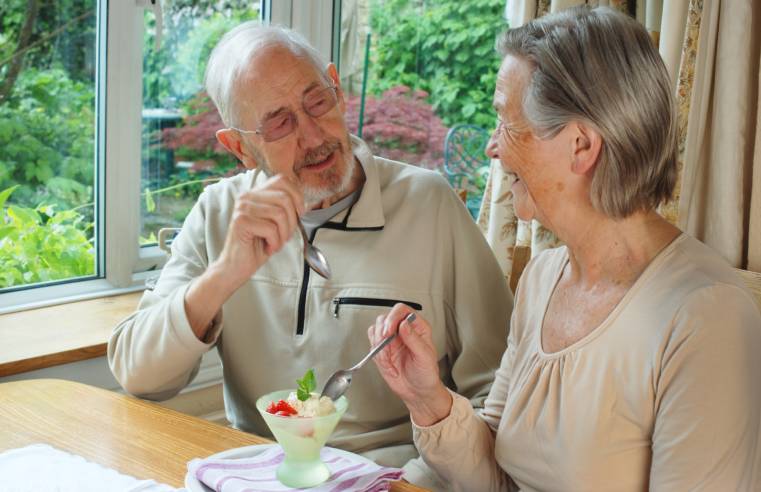The wellbeing of care workers should be on the agenda alongside the welfare of care receivers, says John Ramsay, Founder and MD of Social-Ability, as he explores the role that technology can play in empowering staff.
Taking place every July since 2018, Glad to Care Awareness Week provides an opportunity to remind ourselves just how important it is to support the wellbeing of tireless social care staff. While this marks a significant week for the sector, there can be no doubt that fostering the wellbeing of care workers must be a year-round practice and one that’s even more important in the wake of COVID-19 pressures.
With four in every five carers saying that their mental health has been damaged at work during the pandemic, the problem requires urgent attention. The issue of workers’ wellbeing deteriorating has only added to the long-standing challenges faced by the social care sector with care staff experiencing highly stressed, poorly paid work, which in turn has led to the sector at large facing skills and staff shortages. Sadly, these issues existed long before the pandemic arrived.
Investment has long been talked of but the social care sector needs money now not further promises. Part of this investment should be spent on technology. In fact, technology is proving vital for levelling-up the experience of social care settings overall, both for those who provide care as well as those who receive it.
Revisiting workers’ wellbeing
There is no doubt that the social care sector has faced unprecedented challenges over the course of the last 18 months. Much attention has understandably focused on the big picture – such as the COVID-19 vaccination programme and the 94% of local authorities expected to face cuts to social care services in the next year – but it is vital not to let frontline support staff feel forgotten on an individual level.
The wellbeing of individual staff members is crucial to the success of social care, whereas the current system risks staying an unsustainable course. Up to a quarter of social care staff had taken at least a month in sick leave associated with depression even before the pandemic, so COVID-19 has highlighted rather than created the issues which we are now seeing writ large across the sector.
After a torrid 2020, the cost of delaying reforms to the social care sector will be emotional as well as financial. For the workers who have struggled to keep the system running through its most trying period to date, the squeeze currently felt in social care is reflected in the pressure they place on themselves to deliver high standards of care.
Happiness begets happiness
Providing care workers with the best tools for their job requires a relatively small investment which has incredible potential to yield significant strides forward in staff’s job satisfaction. Staff have always placed those for whom they care at the heart of what they do, so reducing pressures on stretched teams and improving conditions for recipients of care will also be a boon to workers’ wellbeing.
Technology has a huge role to play here. Digital capabilities such as the magic table 360, part of a service called the Happiness Programme, which uses infrared sensors to host interactive games, is already beginning to make its mark in social care settings. At one Berkshire care home, for instance, engaging with the games enabled residents to improve their interaction with others – one resident who had stopped communicating verbally even began to grow their vocabulary again.
Furthermore, sensory activity stimulated by these games has been shown to improve the condition of people with dementia. And while the benefit to those individuals is paramount, the happiness and reduced strain which these improvements allow among care workers is a welcome secondary effect. Staff want the best for those they care for and empowering them with technology can not only fuel better outcomes for those in their care, but ultimately enhance the carer’s job satisfaction.
Raising care awareness
As important as it is to mark Glad to Care Awareness Week, the reality is that efforts to improve the experience of working in social care must take a much longer-term view. Workers’ wellbeing needs to be put on the agenda alongside the welfare of those who receive care, and each of these issues should be addressed hand-in-hand. As we look to address the pressures on social care, we should invest in the technology which can give people a better quality of life and give carers a better quality of work.
Do this, and we can create a social care system which aims to be as good as the people working within it
























